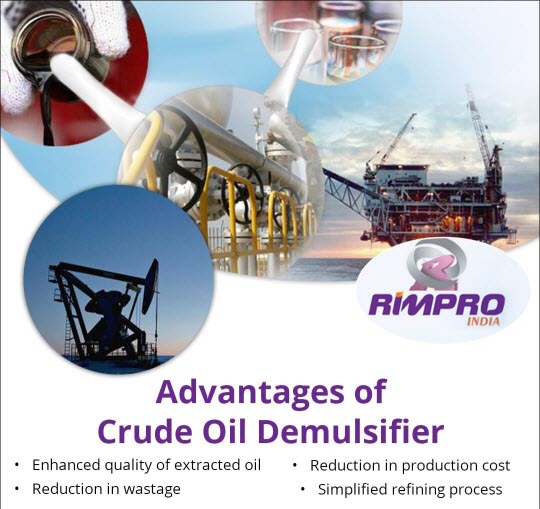Crude oil demulsifiers play a pivotal role in the oil extraction industry, significantly influencing the efficiency of recovery processes and the overall profitability of operations. In this article, we will delve into the mechanisms, benefits, challenges, and future prospects of crude oil demulsifiers, exploring how their effective application can lead to higher oil recovery rates and more sustainable practices.
Introduction to Crude Oil Demulsifiers
Crude oil demulsifiers are chemical additives designed to facilitate the separation of water from crude oil emulsions. Emulsions are colloidal suspensions of water droplets in oil or vice versa, often encountered during the production and processing of crude oil. The primary purpose of demulsifiers is to destabilize these emulsions, allowing for the efficient removal of water from the crude oil stream.
Understanding Emulsions in Oil Extraction
Emulsions in oil extraction refer to the dispersed phase of water droplets within the continuous phase of crude oil. These emulsions pose significant challenges to the extraction process, as they hinder the separation of water and oil phases. Factors such as surfactants, temperature variations, and shear forces contribute to the stability of emulsions, making them difficult to break.
The Need for Demulsifiers
Due to the inherent stability of emulsions, conventional separation methods alone are often insufficient for effective water-oil separation. Demulsifiers play a vital role in overcoming this challenge by disrupting the interfacial tension between water and oil molecules, thereby promoting phase separation. The selection of appropriate demulsifiers is crucial, considering factors such as emulsion composition, temperature, and pressure conditions.
Mechanisms of Crude Oil Demulsification
Crude oil demulsifiers employ various mechanisms to facilitate the separation of water from oil. Chemical demulsifiers act by altering the interfacial properties of water droplets, while physical demulsifiers promote coalescence and agglomeration of water droplets, aiding in their removal from the oil phase.
Factors Affecting Demulsification Efficiency
The efficiency of demulsification processes is influenced by several factors, including temperature, pressure, emulsion composition, and the type of demulsifier used. Optimal operating conditions must be maintained to ensure maximum efficiency and minimize processing costs.
Benefits of Effective Demulsification
Effective demulsification leads to several benefits for oil extraction operations. By facilitating the separation of water from crude oil, demulsifiers enhance recovery rates, reduce equipment fouling, and lower energy consumption. Moreover, improved water-oil separation contributes to higher product quality and increased profitability.

Challenges and Limitations
Despite their benefits, crude oil demulsifiers are not without challenges and limitations. Environmental concerns associated with the use of chemical demulsifiers, such as toxicity and biodegradability, raise sustainability issues. Additionally, the cost of demulsification treatments and potential compatibility issues with existing infrastructure pose challenges to widespread adoption.
Future Trends and Innovations
The future of crude oil demulsifiers lies in advancements in technology and sustainable practices. Ongoing research focuses on developing eco-friendly demulsifiers with enhanced efficiency and reduced environmental impact. Furthermore, the integration of demulsification technologies with other oil recovery techniques promises to further optimize extraction processes and minimize environmental footprint.
Conclusion
In conclusion, crude oil demulsifiers play a vital role in enhancing oil recovery rates and operational efficiency in the oil extraction industry. By facilitating the separation of water from crude oil emulsions, demulsifiers contribute to higher recovery rates, reduced costs, and improved environmental sustainability. As the demand for crude oil continues to rise, the effective application of demulsification technologies will be essential for meeting global energy needs while minimizing environmental impact.
